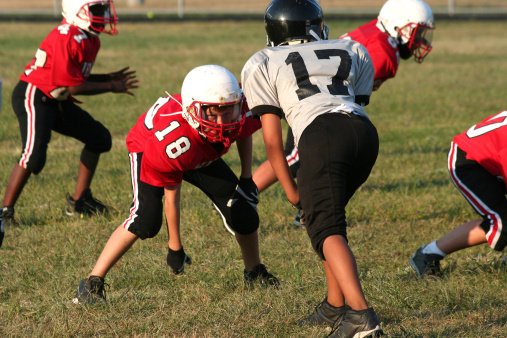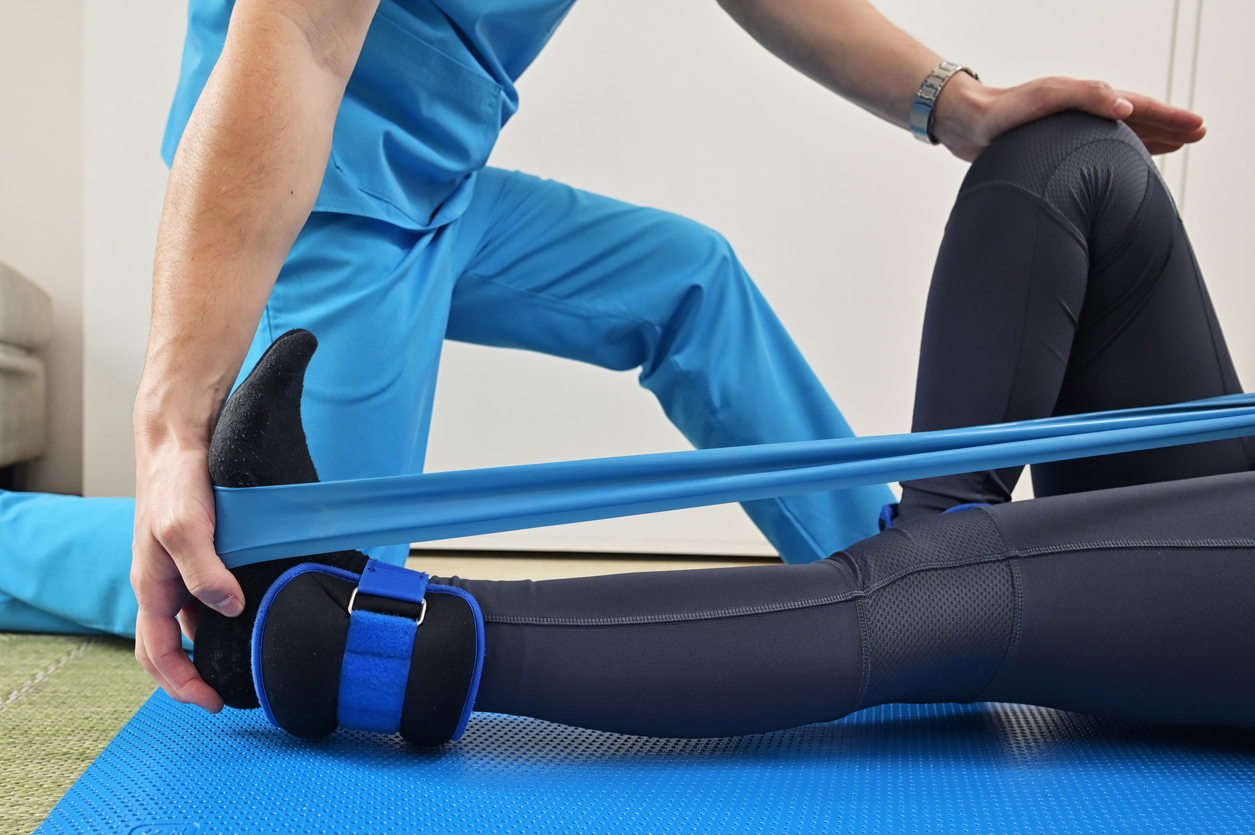
Every year, there are an average of 1,165 non-fatal traumatic brain injuries in South Carolina related to sports and recreation activities, according to state health statistics. In fact, approximately 21 percent of all traumatic brain injuries (TBIs) nationally are among American adolescents.
Many of the young people who struggle with the effects of brain injuries must find ways to cope with the injury for the rest of their lives. To discover more effective treatments for the problem, doctors are exploring new approaches and even opening youth sports concussion clinics that specialize in head injuries, according to a recent article in The New York Times.
The good news is that progress is being made. Researchers have learned that many concussions occur due to an impact an athlete did not expect, such as a blindside hit. Sports such as hockey or lacrosse, where checking is allowed, can generate more head injuries among athletes. Soccer players may experience TBIs when they’re hit in the head by a kicked ball, particularly if the blow comes from the side or the rear. Bicyclists are vulnerable to traumatic brain injuries if they’re not wearing a helmet and are struck by a car.
In addition, more female athletes are becoming the victims of TBIs. Statistics show that 41 percent of new concussion patients are female. It is theorized that due to rougher sports and the reality that a female’s neck is thinner and less muscular, girls are more susceptible to serious concussions than ever before.
Five Things to Know About Youth Concussions and TBI
In South Carolina, 61,000 people are currently living with a TBI-related disability, according to the Brain Injury Association of South Carolina.
TBIs are terrible for people of all ages. But when young athletes suffer from serious brain damage, they can face an entire lifetime of debilitation. Education can help prevent TBI incidents, providing information to protect children, teenagers and adults from head injuries.
The following are five facts to be aware of concerning concussion and TBI occurrences.
- Concussions can happen from getting hit in the head with an elbow, running into a goal post or because of head-to-head contact in an athletic maneuver.
- Year-round sports schedules and elite teams require more games at a higher level, which means a greater risk for serious head injuries.
- Helmets, mouth guards and headbands are important protective gear, but they aren’t designed to shield athletes from concussions.
- Multiple concussions over a short period of time can result in long-term or even permanent brain damage.
- Falls account for the largest number of non-fatal TBI incidents in South Carolina.
Traumatic brain injuries can occur in a split second, especially to a bicyclist, motorcyclist or young athlete who isn’t prepared for the severe impact of a blow to the head. If you or a loved one has experienced a traumatic brain injury due to somebody else’s recklessness, contact our South Carolina personal injury attorneys at Joye Law Firm. Call 888-594-7752 or use our online form so our attorneys can offer you advice about your rights.





































